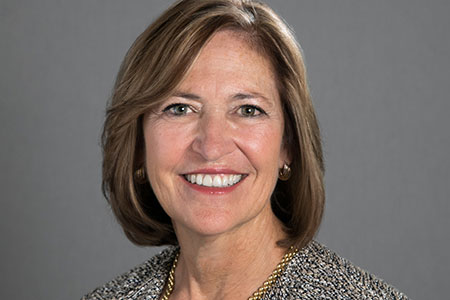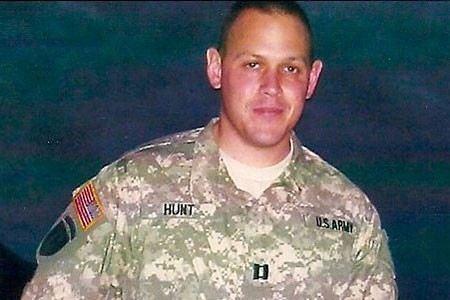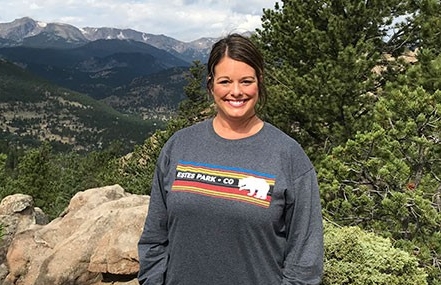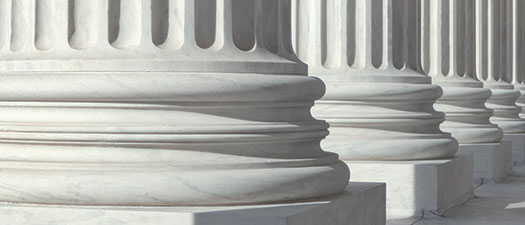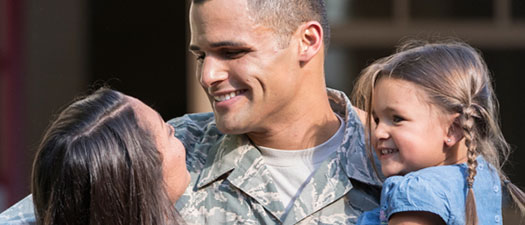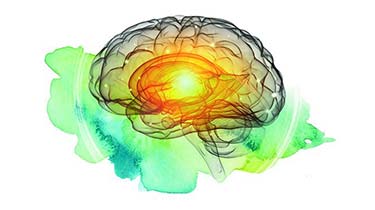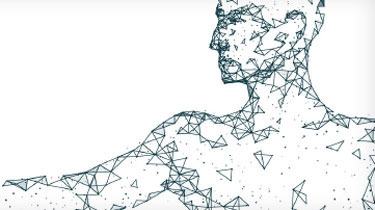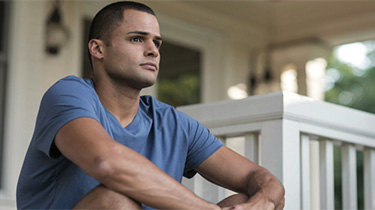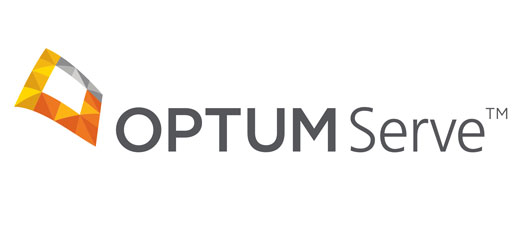Audio: (Anthem music)
Jose Leon: …I grew up admiring my uncle and my brother and a couple of my cousins who served… I wanted to do my part the way they did their part.
Sheri Hanson: I chose to serve in the United States Navy because I felt like I could make a difference in peoples’ lives.
Shuja Ahmed: …September 11th had just happened in 2001. And I felt as a Muslim American it was my duty to serve my nation in a time of need.
Colonel Gadson: …It’s really about that man and woman on the left and right. We are dedicated to a mission. We are dedicated to service. We are dedicated to serving our nation.
Phil Lay: I felt this country did a lot for me up to that present time and in turn, I said that I will give some of my time to this great country of ours.
Bridget Johnson: …When you go to battle, you see hell and you don’t come back the same person. ……a lot of us, we don’t have scars that you can see…Veterans have given so much to this country… and we owe it to them to take care of them, both mentally, physically,emotionally and we owe it to their families too.
Don Weber: …Wars are ugly. They scar you for life….And for many, the sacrifice doesn’t end when they come home.... And so today, we have the opportunity… to reach out and touch the lives of these men and women… to give back for what they’ve given us.
Mitch Heromann: Why is it important for me to take care of vets? As a commanding officer, I sent people to war after 9-11. I now have the opportunity to take care of them when they came back. It’s a privilege.
Patty Horoho: …Our motto is serving together, honored to serve. And that motto is truly imprinted on the heart of every one of our OptumServe team members… And together we partner with Department of Defense and …the VA to be able to serve those that are serving or have served this great nation.
Patty Horoho: Understanding the health care needs of our service members and our veterans is a challenge. And sometimes it’s a daunting challenge. But when you look at the capabilities that we have, we have end to end capabilities. To really leverage those in a way that improves the customer’s experience, it improves theirnavigating the health care system. And it improves their health outcomes.
Anne Finch: For those that serve the active military it really is to prevent health issues and keep them healthy. For those that are veterans it’s how do we get them the proper services that they deserve and have earned as quickly and easily as possible.
Norman Wright: I believe OptumServe can be a very effective partner for the VA, as it relates to modernizing their infrastructure and technology, and improving access. Because we bring…a very, very strong set ofcapabilities around data, analytics and insights. That really helps us
get into treating and taking care of a population. And then, finally, we have a very comprehensive care delivery network.
Martha Temple: At OptumServe, we look at our individuals holistically. We take an integrated approach to their medical and their behavioral healthcare needs … Optum has the largest behavioral health network in the country, with over 172,000 specialty clinicians and 4,000 facilities throughout the country…. By helping these individuals holistically, we’re getting them to the right care at the right time.
Mitch Heroman: It’s in our name—OptumServe. What it’s all about is service. We
serve our military. We serve our veterans. And we serve our federal
health partners do their job.
Patty Horoho: … And it’s about making a difference. And it’s about
helping those that are committed to making a difference....It’s a
privilege. It’s an honor. It’s a commitment. And it’s a mission.



